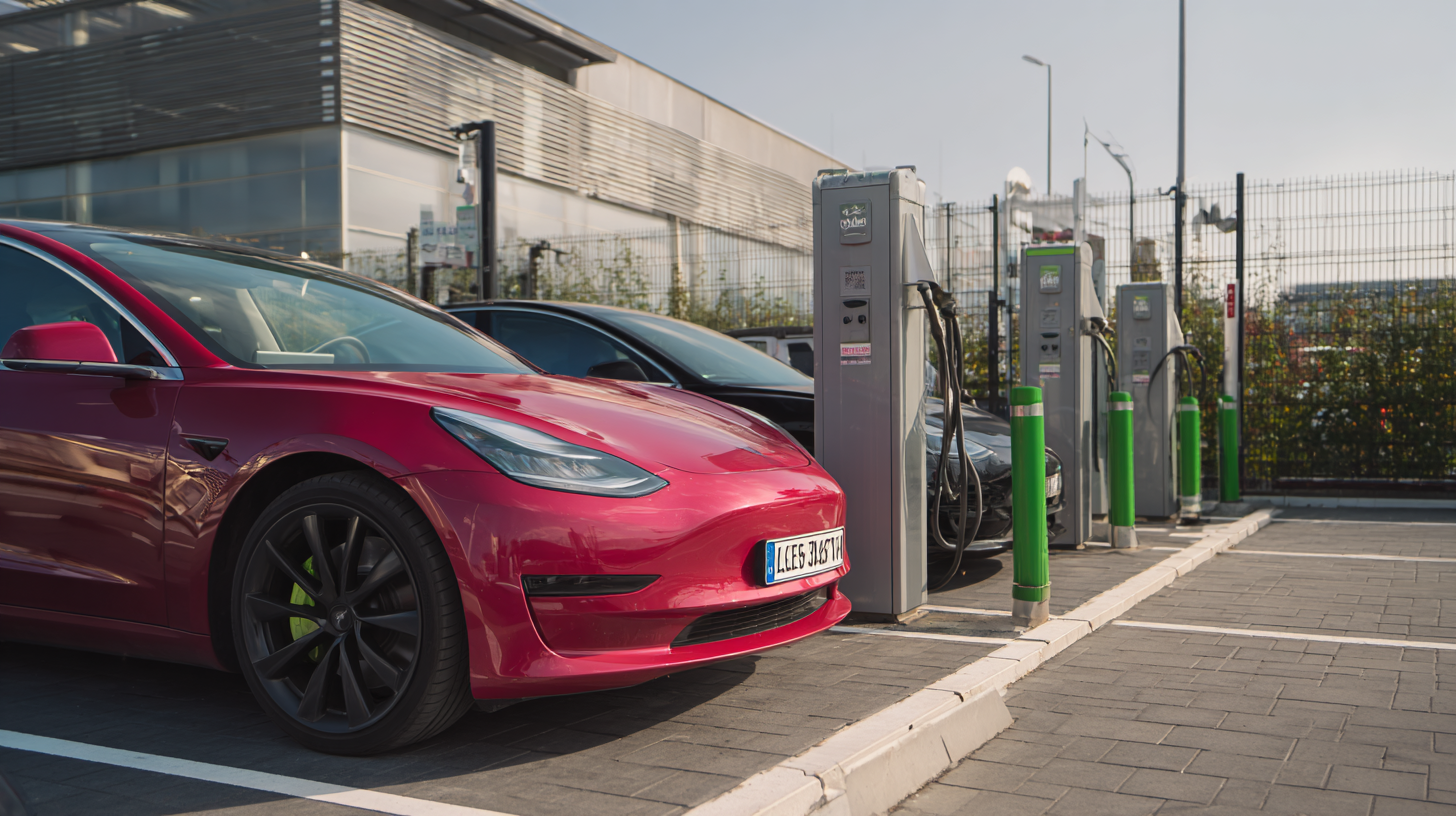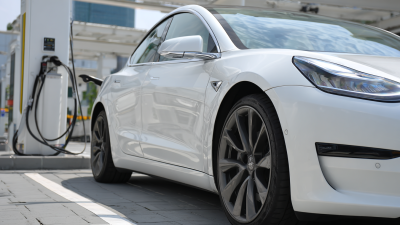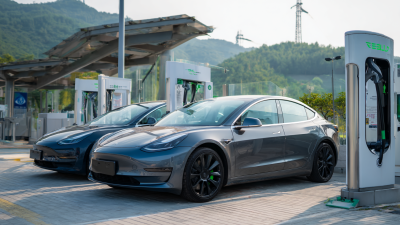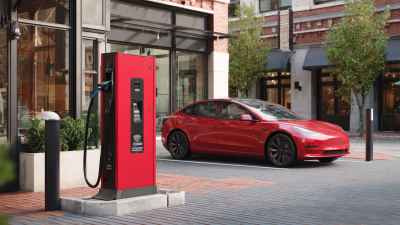Choosing the right EV charging point is a crucial decision for electric vehicle owners, as it directly impacts convenience, efficiency, and overall driving experience. With the rapid rise in electric vehicle adoption, understanding the various types of charging points available and their features can seem overwhelming. This guide is designed to simplify the selection process by providing insights into key factors that influence the choice of an EV charging point. From assessing the power output and compatibility with your specific vehicle to evaluating installation options and ongoing maintenance, we'll cover essential aspects to consider. Additionally, we'll discuss the importance of location, charging speed, and compatibility with smart technologies, helping you make an informed decision. Ultimately, selecting the right EV charging point will not only enhance your electric vehicle experience but also align with your lifestyle and charging needs.
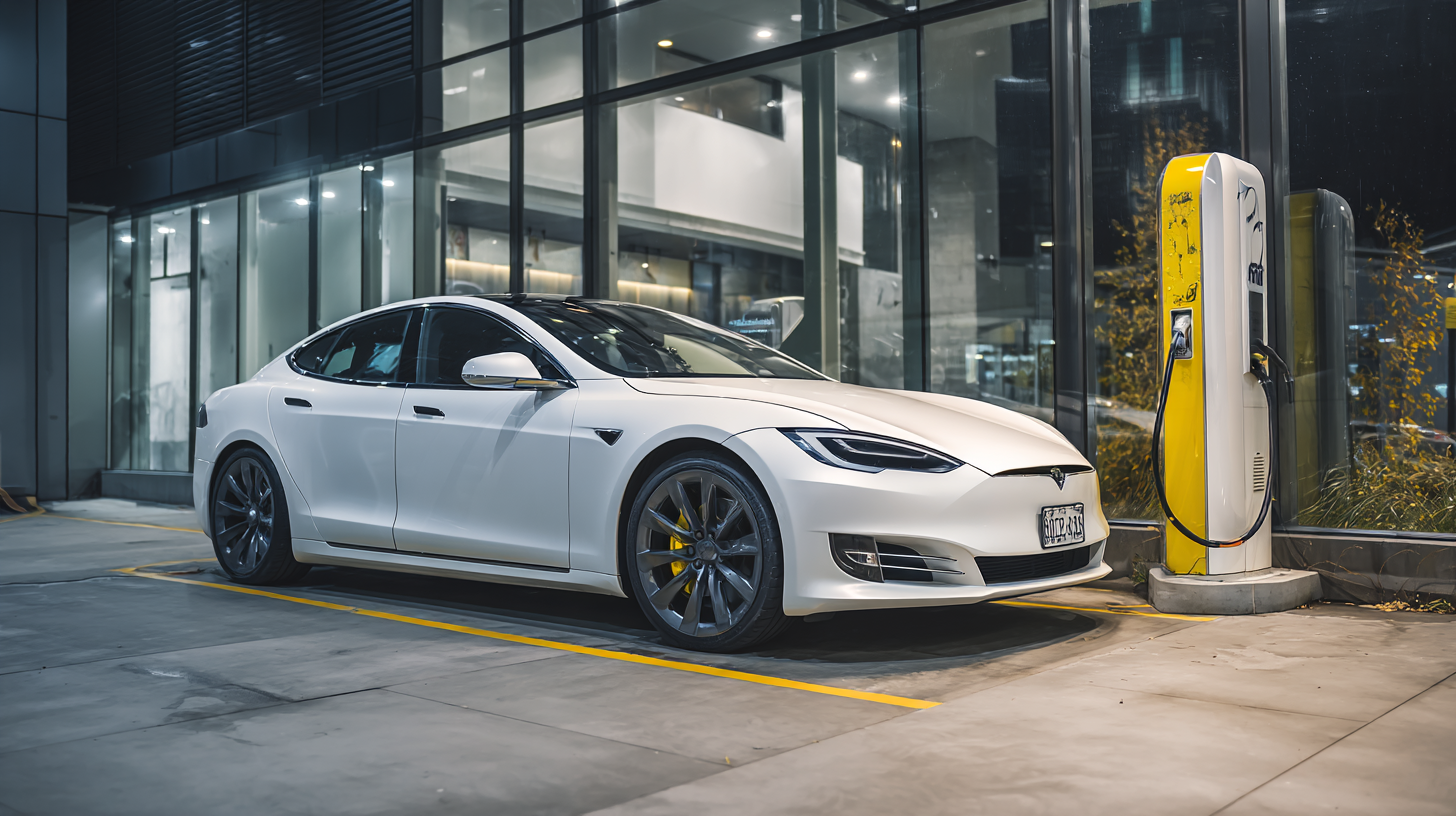
When selecting an electric vehicle (EV) charging point, it is crucial to understand your specific charging requirements. First, consider your daily driving habits. If you primarily use your EV for short commutes, a Level 1 charging station, which connects to a standard household outlet, might suffice. This option is convenient and can effectively charge your vehicle overnight. However, for those who often take longer trips or require faster charging, a Level 2 charger, which operates at 240 volts, is more suitable. This type of charger can significantly reduce charging time, making it ideal for busy lifestyles.
Another important factor to consider is the charging infrastructure available in your area. Research whether public charging stations are easily accessible and how many charging points are available. This can help you determine if a fast charger or a standard home unit is better for your needs. Additionally, evaluate the compatibility of the charging station with your EV model, as different EVs may have specific requirements for charging connectors and power levels. By understanding these variables, you can make an informed decision that aligns with your electric vehicle charging needs.
When selecting an electric vehicle (EV) charging station, understanding the types available is essential to meet your charging needs. EV charging stations are commonly categorized into three levels: Level 1, Level 2, and DC Fast Charging. Level 1 charging relies on a standard household outlet, providing a charging rate of approximately 4-5 miles of range per hour. This option is ideal for overnight charging at home and suited for those with low daily mileage.
Level 2 charging enhances the speed significantly, utilizing a 240-volt outlet to offer around 25 miles of range per hour. This type is perfect for home installations or public charging stations, making it a versatile choice for those who need quicker charge times during the day. DC Fast Charging, on the other hand, is the most powerful option, delivering hundreds of miles of range per hour. Typically found at highway rest stops, these stations are best for long-distance travel, enabling EV owners to take road trips without lengthy delays. Each type of charging station serves unique purposes, catering to the diverse needs of EV drivers.

When considering the installation of an EV charging point, evaluating location options is crucial for ensuring practicality and accessibility. Selecting a site that is easily reachable and has adequate space is fundamental. Think about proximity to your home or workplace to minimize detours and maximize convenience. Look for locations with sufficient electrical infrastructure, as this will reduce installation costs and future complications.
Tips: Before committing to a location, assess the surrounding traffic patterns and potential user demand. Placing the charging station in a high-traffic area can attract more users, ensuring your investment is utilized effectively.
Additionally, consider the availability of amenities nearby, such as shopping centers or restaurants, which can enhance the user experience as they wait for their vehicle to charge. A charging point near these facilities not only boosts convenience but also encourages longer charging times, benefiting both EV owners and local businesses.
Tips: Engage with local authorities to understand zoning regulations and obtain necessary permits to avoid potential setbacks during installation.
When selecting an electric vehicle (EV) charging point, assessing the power supply is crucial. Different EV models have varying charging capacities, typically categorized into Level 1, Level 2, and DC fast charging. Level 1 chargers, using a standard household outlet, are ideal for overnight charging but may not be sufficient for users with high daily mileage. In contrast, Level 2 chargers provide faster charging times and are commonly installed in homes, workplaces, and public spaces, making them a versatile choice for many EV owners.
Compatibility with your specific EV model is another essential factor to consider. Not all chargers are compatible with every EV; thus, it is vital to check the connector type and charging protocols supported by your vehicle. Most newer EVs use the Type 2 connector for AC charging, while some may require CCS or CHAdeMO connectors for DC fast charging. Additionally, confirming that the charging point can deliver the required current and voltage levels for your EV will ensure efficient and effective charging, minimizing downtime and improving overall convenience.
The following chart represents the compatibility of different EV charging points based on their power supply capabilities and the types of electric vehicles they support.
When choosing the right EV charging point, cost considerations play a crucial role in installation, operation, and maintenance. With the decreasing prices of electric vehicles (EVs), the cost of charging infrastructure is increasingly becoming a key factor for prospective EV owners. Installation costs can vary significantly depending on factors such as property type and existing electrical capacity. Residents in multi-unit buildings may face unique challenges regarding space and infrastructure, which can complicate the installation process. It's essential to evaluate community needs and preferences to ensure a successful implementation of charging solutions.
Operation and maintenance costs should also be considered, as they can influence the long-term viability of an EV charging point. The evolving landscape of charging options, driven by public demand for greater accessibility, underscores the importance of selecting a reliable and efficient charging station. As cities adopt new technologies and approaches to EV infrastructure, the potential for increased convenience and reduced costs for EV owners grows, paving the way for more widespread adoption of electric vehicles.
